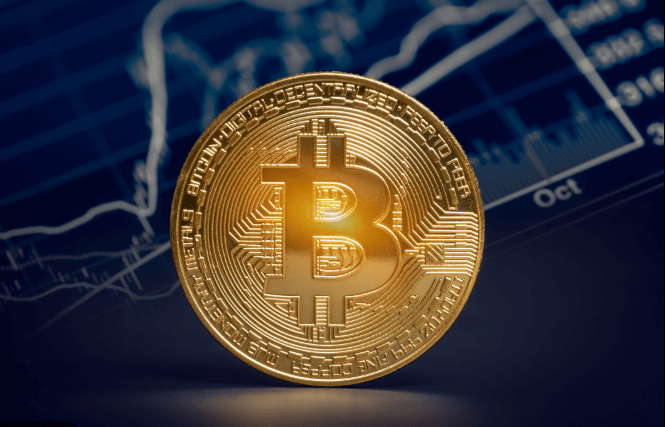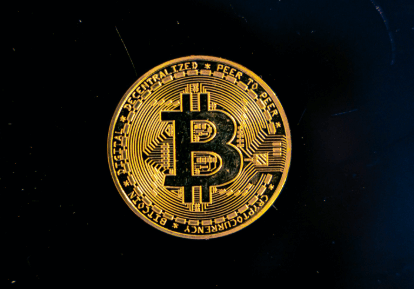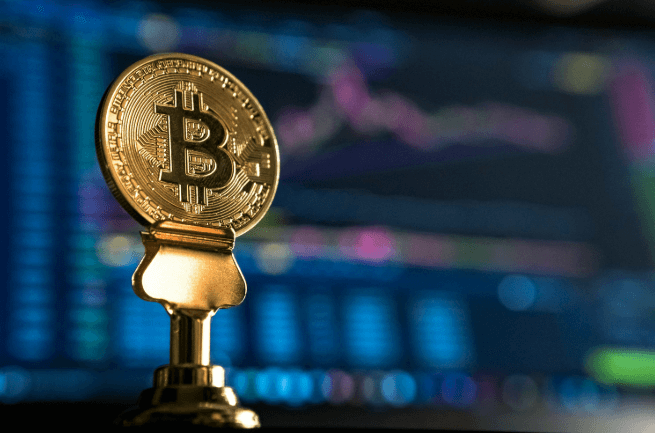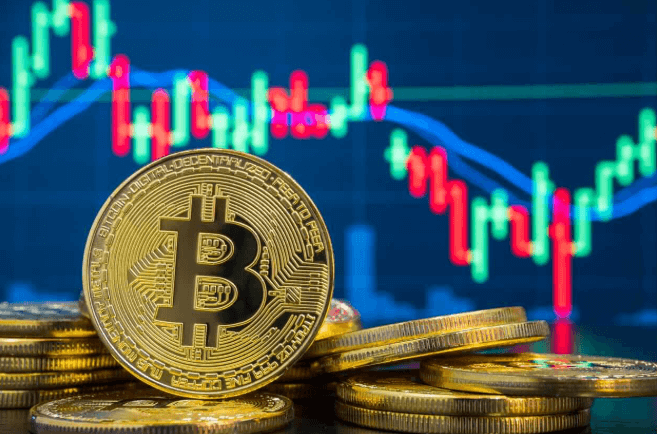A cryptocurrency reportedly linked to the Russian government has facilitated more than $6 billion in transactions, raising concerns among regulators and financial intelligence agencies about the growing use of digital assets to bypass international sanctions.
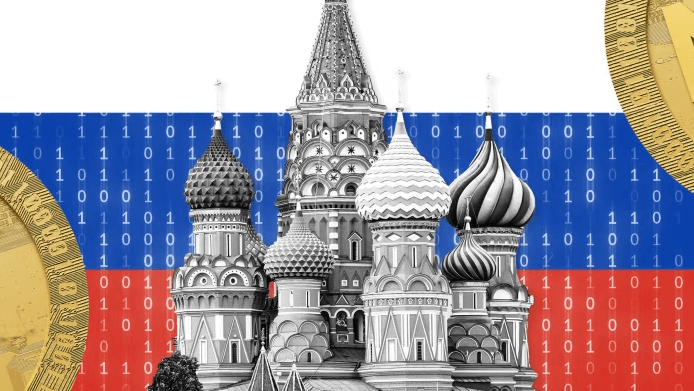
According to a recent investigation by the Financial Times, a digital token known as A7A5, associated with a payment network backed by the Kremlin, has processed over $6.1 billion in transfers since its launch earlier this year. The coin operates primarily through decentralized exchanges and offshore wallets, allowing users to move large sums of money across borders with limited oversight.
Analysts believe the network behind A7A5 is part of a broader Russian effort to build an alternative financial system resilient to Western restrictions. By leveraging blockchain technology, Russia aims to reduce its dependency on the U.S. dollar and the SWIFT banking system—both of which are central to the enforcement of global sanctions.
Despite multiple warnings from Washington, the flow of funds through A7A5 appears to have accelerated, driven by state-linked entities and energy-related firms seeking to settle international trade deals. Blockchain analysis firms report that several major transactions were routed through intermediaries in Asia and the Middle East, complicating tracking efforts by U.S. and European authorities.
A spokesperson from the U.S. Treasury’s Office of Foreign Assets Control (OFAC) stated that the use of crypto assets to evade sanctions represents a “serious and evolving threat” to global financial stability. Officials have called for tighter monitoring of cross-border digital payments and more aggressive cooperation between Western and Asian regulators.
Experts warn that Russia’s experiment with A7A5 could set a precedent for other sanctioned states, such as Iran or North Korea, to develop similar blockchain-based systems for trade and finance. While the overall volume of such transactions remains small compared to traditional markets, the rapid expansion of these networks signals a significant geopolitical shift toward decentralized finance as a tool of statecraft.
Despite these concerns, the Russian government has remained silent about its involvement with A7A5. Domestic media outlets have portrayed the coin as a “sovereign innovation,” while Western officials see it as a direct challenge to the existing financial order.
As enforcement agencies scramble to respond, the episode underscores a new reality: cryptocurrencies are no longer just speculative assets—they have become instruments in the global struggle for financial and political influence.
Disclaimer: This article is for informational purposes only and is not investment advice. Investors should research carefully before making any decisions. We are not responsible for your investment decisions.


